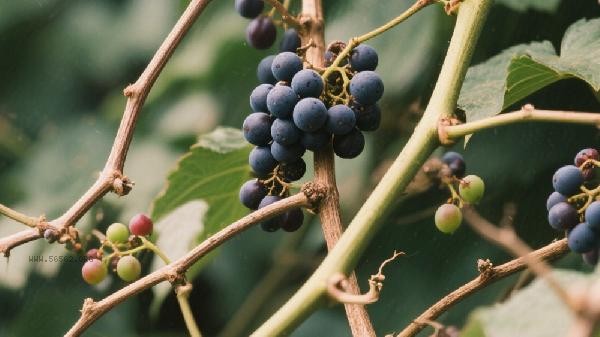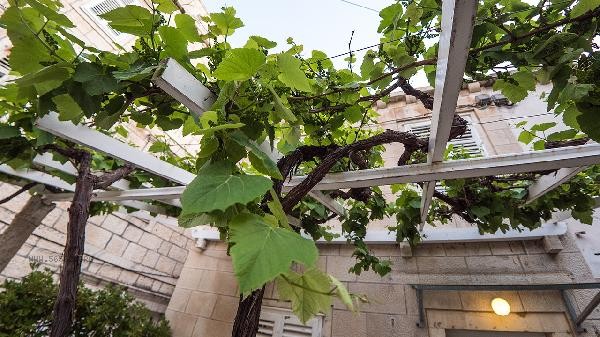The main reasons for the high sweetness of grapes in Xinjiang are the large temperature difference between day and night, sufficient sunlight, rich soil minerals, high-quality irrigation water sources, and excellent variety characteristics.

1. Large temperature difference between day and night
Xinjiang belongs to a typical continental climate, with higher temperatures during the day and lower temperatures at night, and the temperature difference between day and night can reach more than ten degrees. High temperatures during the day are beneficial for grape photosynthesis to accumulate sugar, while low temperatures at night slow down respiration and consumption of sugar, resulting in a large accumulation of sugar in the fruit. This unique temperature difference creates a natural advantage for increasing grape sweetness.
2. Adequate Light
Xinjiang has an annual sunshine duration of over 2800 hours, strong solar radiation, and sufficient light for grape growth. Strong light promotes the efficiency of photosynthesis in leaves and accelerates the synthesis and transport of glucose substances. At the same time, strong ultraviolet radiation promotes thickening of the fruit skin, which helps to lock in the internal moisture and sugar of the fruit.
3. Rich in soil minerals
Xinjiang is mostly sandy soil with good permeability and rich in mineral elements such as potassium, calcium, and magnesium. These elements directly participate in the sugar metabolism process of grapes. Potassium can promote the transfer of sugar from leaves to fruits, calcium enhances the cell wall structure of fruits, and magnesium is an important component of chlorophyll synthesis, jointly ensuring the formation of high sugar content in grapes.

4. High quality irrigation water source
Tianshan snowmelt water is the main irrigation water source for grapes in Xinjiang, with pure water quality and rich minerals. Scientific control of irrigation during the growing season and moderate drought stress during the mature stage can stimulate grape plants to transport more nutrients to the fruit, leading to an increase in soluble solids concentration. This is an important reason why Xinjiang grapes are sweet but not greasy.
5. Excellent Variety Characteristics
Xinjiang mainly cultivates traditional varieties such as seedless white and mare's milk, which have been adapted to the local environment through long-term domestication. These varieties themselves have high sugar and low acid characteristics. Combined with local cultivation techniques such as reasonable production control and delayed harvesting, the sugar accumulation period of the fruit is extended, and the final sugar content can reach over 20%. The sweet flavor of Xinjiang grapes is the result of the combined effects of natural conditions and cultural wisdom. It is recommended to control the dosage when taking it, and diabetes patients should take it carefully. Fresh grapes can be eaten with the skin attached to obtain more anthocyanins. When cleaning, it is recommended to gently rinse the surface with running water. Store in a cool and ventilated place to avoid mold growth caused by moisture. In addition to fresh consumption, Xinjiang raisins are also excellent for preserving nutrition, but it should be noted that their sugar content is more concentrated and should be consumed in moderation.










Comments (0)
Leave a Comment
No comments yet
Be the first to share your thoughts!